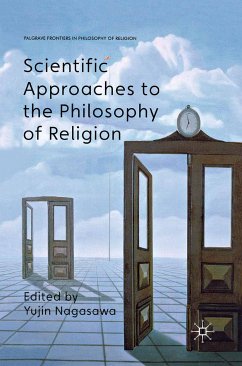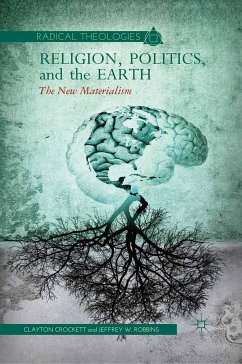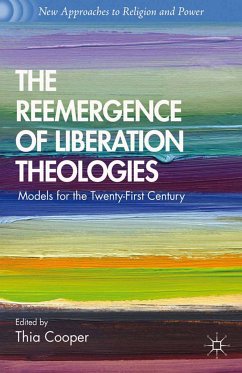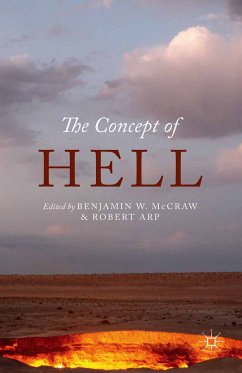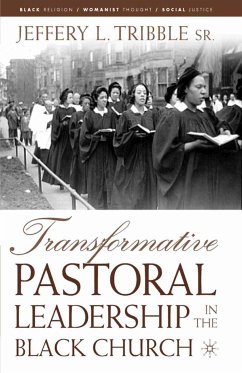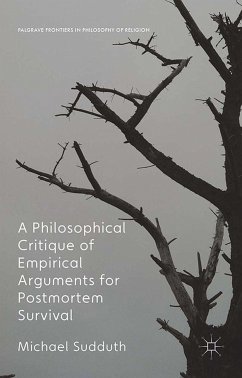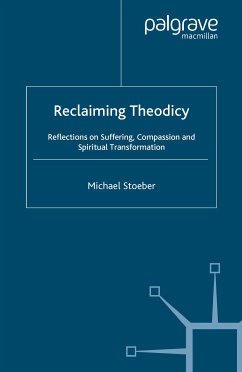
Reclaiming Theodicy (eBook, PDF)
Reflections on Suffering, Compassion and Spiritual Transformation
Versandkostenfrei!
Sofort per Download lieferbar
40,95 €
inkl. MwSt.
Weitere Ausgaben:

PAYBACK Punkte
20 °P sammeln!
In Reclaiming Theodicy , Michael Stoeber explores various themes of theodicy - theology that defends God in the face of evil - by creatively developing a distinction between transformative and destructive suffering. Emphasising the importance of human compassion and illustrating various spiritual experiences of God that are healing, the book proposes a narrative of life within which one might understand suffering in relation to a personal God of ultimate power and love, and suggests basic principles toward developing a politics of compassion.
Dieser Download kann aus rechtlichen Gründen nur mit Rechnungsadresse in A, B, BG, CY, CZ, D, DK, EW, E, FIN, F, GR, HR, H, IRL, I, LT, L, LR, M, NL, PL, P, R, S, SLO, SK ausgeliefert werden.



